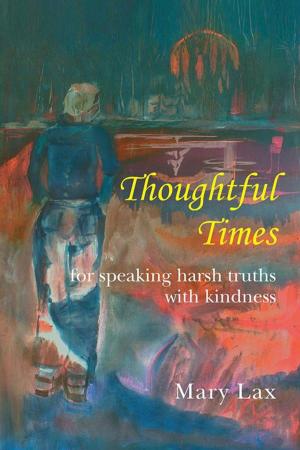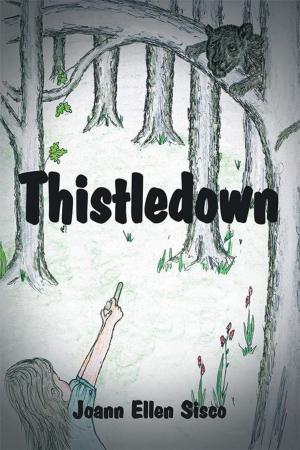Giving a Voice to the Ancestors
Nonfiction, Social & Cultural Studies, Social Science, Cultural Studies, African-American Studies, History, Romance| Author: | Emily Allen Garland | ISBN: | 9781403303332 |
| Publisher: | AuthorHouse | Publication: | December 1, 2002 |
| Imprint: | AuthorHouse | Language: | English |
| Author: | Emily Allen Garland |
| ISBN: | 9781403303332 |
| Publisher: | AuthorHouse |
| Publication: | December 1, 2002 |
| Imprint: | AuthorHouse |
| Language: | English |
The book is considered fiction, although it is based on the lives of the author's ancestors. Five year-old Emily (Bay-Chile), growing up in rural central Georgia in 1940, becomes curious about color differences within her family and questions her talkative great-aunt and grand-parents. Through numerous inquiries, she learns that her great-grandfather, Josh Ellis, fought with the Confederate Army in the Civil War while her great-grandmother, Charity was a slave. The two met after the Emancipation of the slaves and lived in a loving relationship until his death, raising seven children together.
Further explorations connect the child to the lives of Charity's mother, Ansacka, a mulatto slave woman who conceived Charity through a forced relationship with the slave master; another great-grandmother, Martha, whose parents escaped into the mountains of Georgia to avoid the forced march of the Cherokee from Georgia to Mississippi, becomes enthralled by Troupe Allen, a white man who deserts her just before the birth of their son. Great-great-grandma Judy, among the last of the slaves imported from Africa tells her story .The progress of the descendants, spanning five generations, is traced following the Reconstruction Period through World War II, with some notable achievements. Broader issues include white/black kinship ties in the antebellum and post-bellum South, race relations, intra-racial color conflict, and blended families.
Historical events occurring during the lifetimes of the author's various ancestors are superbly blended within the story.
The story illustrates the devastating effects of racism on the human spirit as well as the ability to press onward despite adversity.
The book is considered fiction, although it is based on the lives of the author's ancestors. Five year-old Emily (Bay-Chile), growing up in rural central Georgia in 1940, becomes curious about color differences within her family and questions her talkative great-aunt and grand-parents. Through numerous inquiries, she learns that her great-grandfather, Josh Ellis, fought with the Confederate Army in the Civil War while her great-grandmother, Charity was a slave. The two met after the Emancipation of the slaves and lived in a loving relationship until his death, raising seven children together.
Further explorations connect the child to the lives of Charity's mother, Ansacka, a mulatto slave woman who conceived Charity through a forced relationship with the slave master; another great-grandmother, Martha, whose parents escaped into the mountains of Georgia to avoid the forced march of the Cherokee from Georgia to Mississippi, becomes enthralled by Troupe Allen, a white man who deserts her just before the birth of their son. Great-great-grandma Judy, among the last of the slaves imported from Africa tells her story .The progress of the descendants, spanning five generations, is traced following the Reconstruction Period through World War II, with some notable achievements. Broader issues include white/black kinship ties in the antebellum and post-bellum South, race relations, intra-racial color conflict, and blended families.
Historical events occurring during the lifetimes of the author's various ancestors are superbly blended within the story.
The story illustrates the devastating effects of racism on the human spirit as well as the ability to press onward despite adversity.















